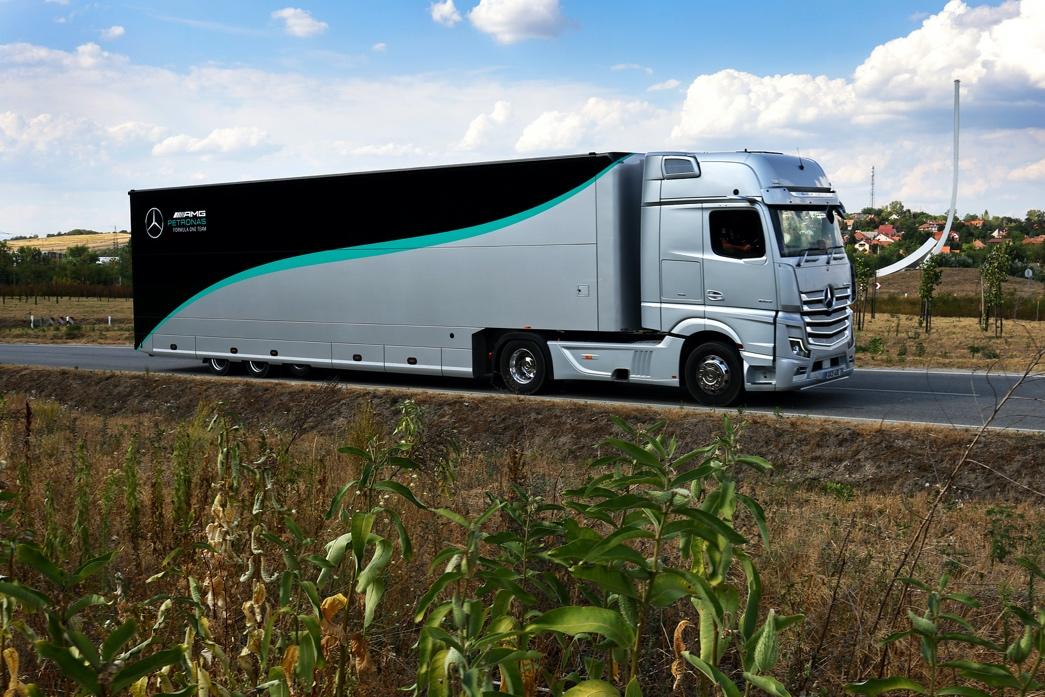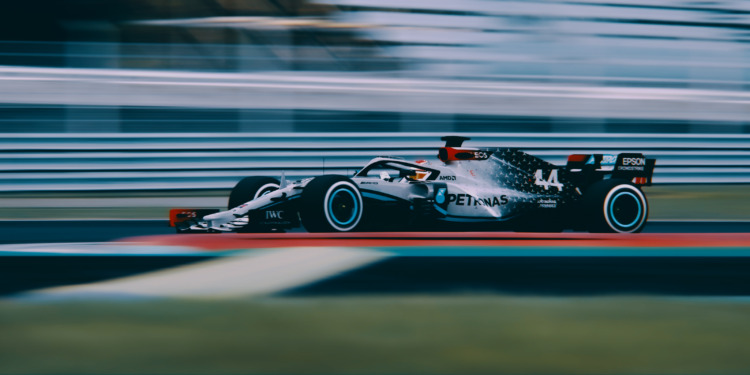In 2019, Formula One announced its plan to become Net Zero by 2030, promising to reduce its carbon footprint throughout its operations, such as the sport’s commitment to developing a 100% sustainable fuel that will be used in their cars beginning in 2026.
Sustainability has been a focal point of the sport as it seeks to distance itself from its classic image as loud and polluting sport governed by petrol heads and tobacco companies, with F1 CEO Stefano Domenicali going as far as to say sustainability is their number one priority.
Yet, fans are dubious of these commitments to sustainability.
The development of a sustainable fuel for F1 cars will only cover 0.7% of the sport’s total carbon footprint; the real damage is caused by the sport’s logistical activity, which accounts for nearly half of the total carbon footprint.
Moreover, with the release of their 2023 calendar, it appears that sustainability is not much of a priority at all. Despite a promise to redesign the calendar to be more efficient, their new 2023 calendar, which includes an additional two races, will extend their total carbon footprint by an estimated 10,000 tonnes of CO2 compared to their current 2022 calendar, an increase of 15%.
F1’s bold claims of a passion for sustainability, with no tangible evidence to back them up, are driving the sport into the gravel known as “greenwashing.”
But this does not mean that serious sustainability progress has not been made within the sport. F1 teams have taken sustainability into their own hands by doing what they do best – innovating.
To learn more about the efforts of the Mercedes F1 team in particular, we spoke with Alice Ashpitel, Lead of Sustainability at Mercedes-AMG Petronas F1.
The team’s objective, Alice tells us, is to become the “most sustainable sports team” by “investing in industry-leading sustainability strategies.”
Related Articles: Formula 1 World Champion Sebastian Vettel Retires | Is Formula 1 Pushing the Planet to Its Finish Line? | Formula 1 Releases Its 2023 Calendar and Forgets the NetZero Pledge
Mercedes hopes that by focusing on logistics, they will be able to reduce their carbon footprint despite the pressures of an expanding calendar. The team has been investing into more sustainable fuels for its land and air freight.
“We are committed to using our global motorsport platform to be leaders in the journey towards not just sustainable racing but a more sustainable future,” says Alice.
For the European leg of the season, where cargo is transported solely by trucks, Mercedes have been trialling their Hydrotreated Vegetable Oil (HVO 100) biofuel, “a 100% renewable fossil fuel free product derived from vegetable oils, waste oils and fats.”
“Sustainability isn’t standing still,”
— Alice Ashpitel.
Analysis has shown that the HVO 100 biofuel, which was used for approximately 1400 km for 16 of their trucks, reduced freight emissions by 44,091 kg CO2, representing an 89% reduction compared to their usual diesel fuel.
Following the trial’s success, Mercedes is looking to implement their HVO 100 fuel for the rest of the European races, which could save around 230,000 kg CO2 for the 2023 calendar.
However, 98% of a team’s logistical carbon footprint comes from its air freight, flying in around 100 personnel and 34 tonnes of cargo to each race.

To combat this, Mercedes F1 has become the first global sports team to invest in Sustainable Aviation Fuel (SAF), which uses either renewables or waste-derived material, to help the team achieve a 50% reduction in their air freight footprint for their race personnel.
“We have an embedded top-down approach to sustainability,” says Alice, adding that “on top of this [SAF], we are working with a book-and-claim system to offset our emissions further.”
Mercedes F1 was able to reduce their carbon emissions by 60% last year compared to the same period in 2018.
But even with all this innovation, Mercedes still has a long journey ahead. The cargo of their air freight, the bulk of its emissions, is still being transported by conventional fossil-fuels. It is estimated that approximately 450 billion litres of SAF will be required annually to meet their Net Zero targets, despite the fact that only 100 million litres were produced last year.
For a start at least, Mercedes are showing promising signs to meet these lofty goals.
“Sustainability isn’t standing still,” says Alice, “we are continuously working on improving on these goals and to keep innovating to reach these goals”.
Mercedes and F1 have both expressed their passion for sustainability and set themselves targets to reach their Net Zero goals by 2030. However, whereas the former has tangibly demonstrated their commitment to sustainability through innovation and implementation, the latter has shown no real commitment to sustainability despite its claims. F1 still has a long way to go before convincing fans that sustainability is their top priority.
Editor’s Note: The opinions expressed here by the authors are their own, not those of Impakter.com — In the Featured Photo: Mercedes-AMG Petronas F1 car. Featured Photo Credit: Jon Hillenbrand.









